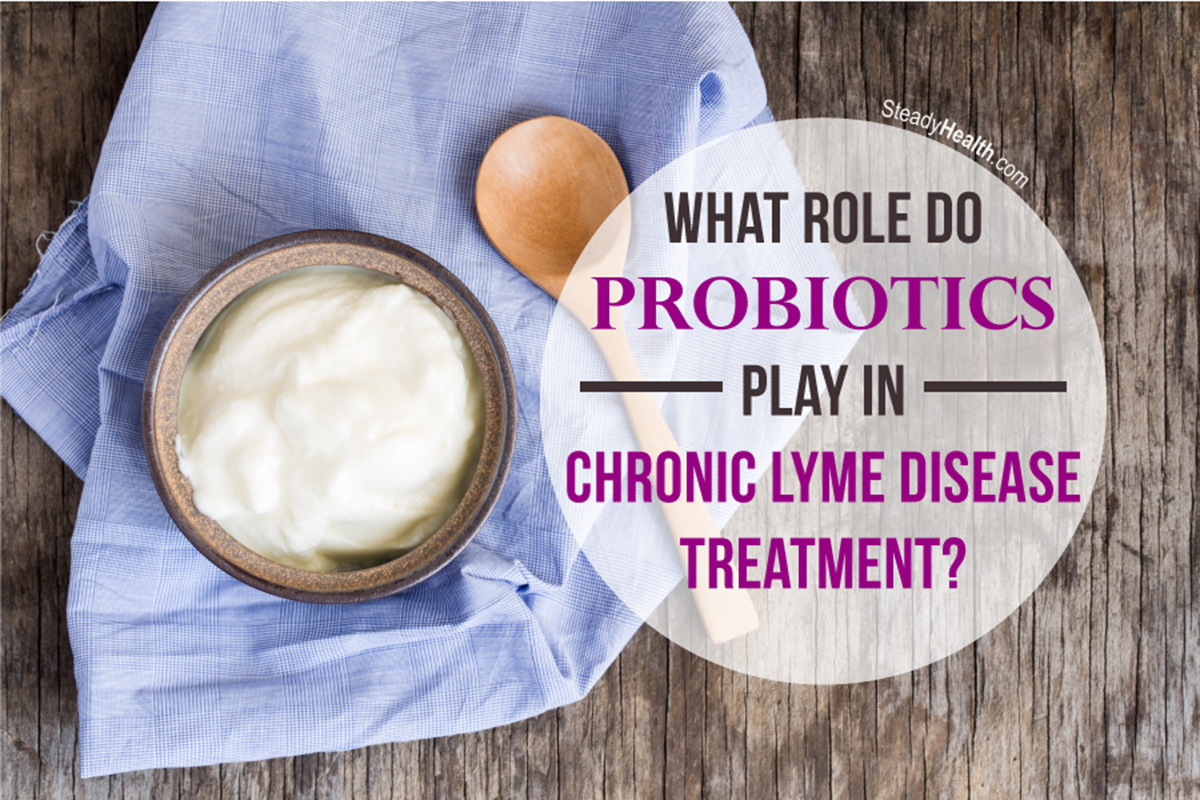Mainstream medicine doesn't yet have all the answers when it comes to post-treatment Lyme Disease syndrome, and though numerous dangerous alternative therapies for chronic Lyme Disease are currently being marketed to people desperate for a better quality of life, not all complementary treatments need be dismissed out of hand.

'Chronic Lyme Disease': Let's Start With Some Assumptions
Because the term "chronic Lyme Disease" isn't a clinical diagnostic category and is being used to describe a variety of different situations (including those in which a person has never had an initial Lyme Disease diagnosis), things can get a little confusing. We'll assume that anyone reading this falls into one of these categories:
- You're currently being treated with antibiotics after receiving a Lyme Disease diagnosis
- You're still suffering from a variety of symptoms after receiving a Lyme Disease diagnosis and being treated for it, something that is more accurately called post-treatment Lyme Disease syndrome
- You're suffering from a set of symptoms that you think might be caused by chronic Lyme Disease, and which more or less mimic those of post-treatment Lyme Disease syndrome as described below
Post-treatment Lyme Disease syndrome is characterized by muskoloskeletal pain, chronic fatigue, and cognitive challenges. [1] Specific symptoms people with post-treatment Lyme Disease most often suffer from include [2]:
- Arthralgias (non-inflammatory joint pain)
- Myalgias (muscle pain)
- (Severe) headaches
- Neck pain
- Backaches
- Fatigue
- Short-term memory loss and a lack of concentration
- Irritability
To be diagnosed with post-treatment Lyme Disease syndrome, you have to have had verified Lyme Disease and have been treated for it. Your symptoms should also last at least six months, and other causes — including reinfection with Borrelia burgdoferi — should have been ruled out. [2]
How is post-treatment Lyme Disease syndrome managed? Well, since its cause remains unclear to date and it has been shown that antibiotics for chronic Lyme Disease don't work, the focus lies in managing your symptoms.
Do Probiotics Have A Role To Play In Managing (Chronic) Lyme Disease?
Lyme Disease is — as a tick-borne infection caused by bacteria — managed with antibiotics [3]. Though curative, antibiotics can cause some unpleasant side effects, and probiotics can come to the rescue. Probiotics have been found to greatly reduce the risk of antibiotic-associated diarrhea [4], and there is also some evidence that probiotics increase the efficacy of antibiotic treatment [5]. Ask your treating doctor about taking probiotics while you are being treated for Lyme Disease!
As for the symptoms of post-treatment Lyme Disease syndrome, can probiotics help with that? Quite possibly. Though research into the benefits of probiotics for various conditions is still ongoing, the currently available body of research indicates that probiotics could be quite useful in managing some of the symptoms associated with post-treatment Lyme Disease syndrome:
- There is some evidence that probiotics can help manage arthralgias in patients with ulcerative colitis and irritable bowel disease. [6]
- Several studies document that probiotics can help lessen the fatigue [7] and emotional symptoms [8] of Chronic Fatigue Syndrome patients — and CFS, incidentally, shares many characteristics with post-treatment Lyme Disease syndrome.
- Probiotics may also be of help to people suffering from frequent headaches [9].
- A study assessing whether probiotics could help with rheumatoid arthritis suggested that, although clinical tests showed no improvement, probiotics did lead to subjective improvements that increased patients' day-to-day functioning [10].
What Kinds Of Probiotics Are There? Are Probiotics Safe?
Probiotics most commonly contain Lactobacillus and Bifidobacterium species, though they may also feature yeasts such as Saccharomyces boulardii. All are proven to be beneficial for gut health (always good, no?), and they can be found in fermented products (including produced at home!) like yogurt and kefir, as well as in the form of supplements. [11]
Although probiotics are generally very safe, they can have serious side effects in people suffering from certain medical problems, particularly immunocompromised people [12]. For this reason, it's always a good idea to consult your healthcare provider before starting the use of any probiotic product.
A final word of caution — as helpful as probiotics are to many people, they should be used as a friendly addition to your life, and never as a substitute for medical care!
- Photo courtesy of SteadyHealth.com

